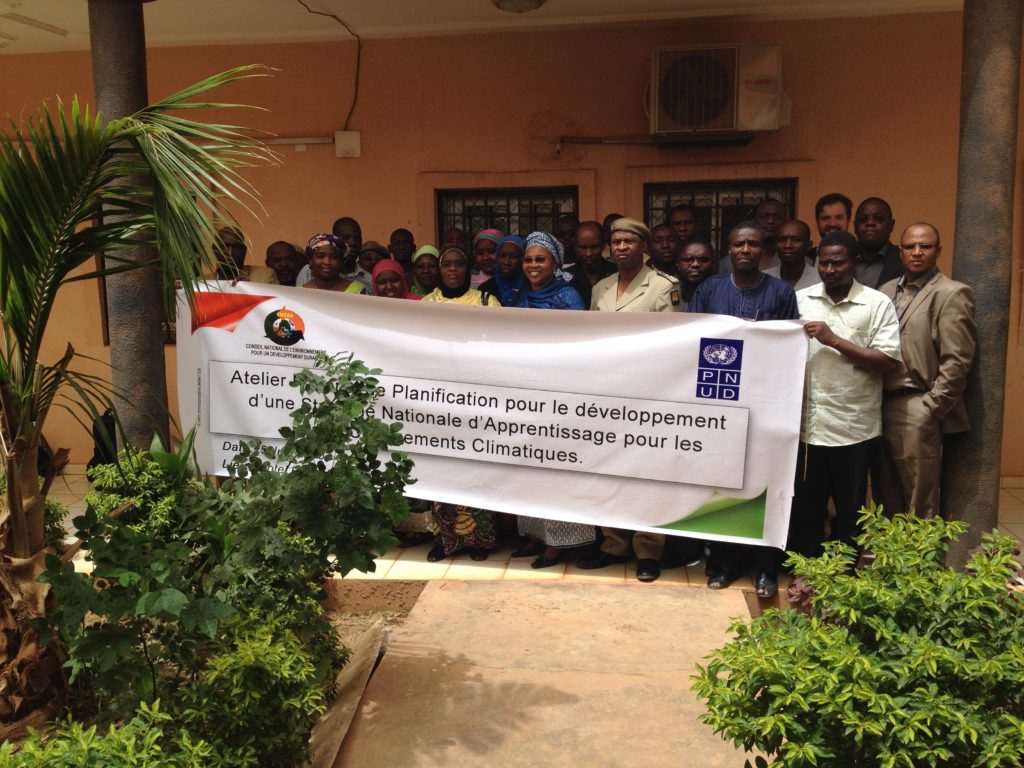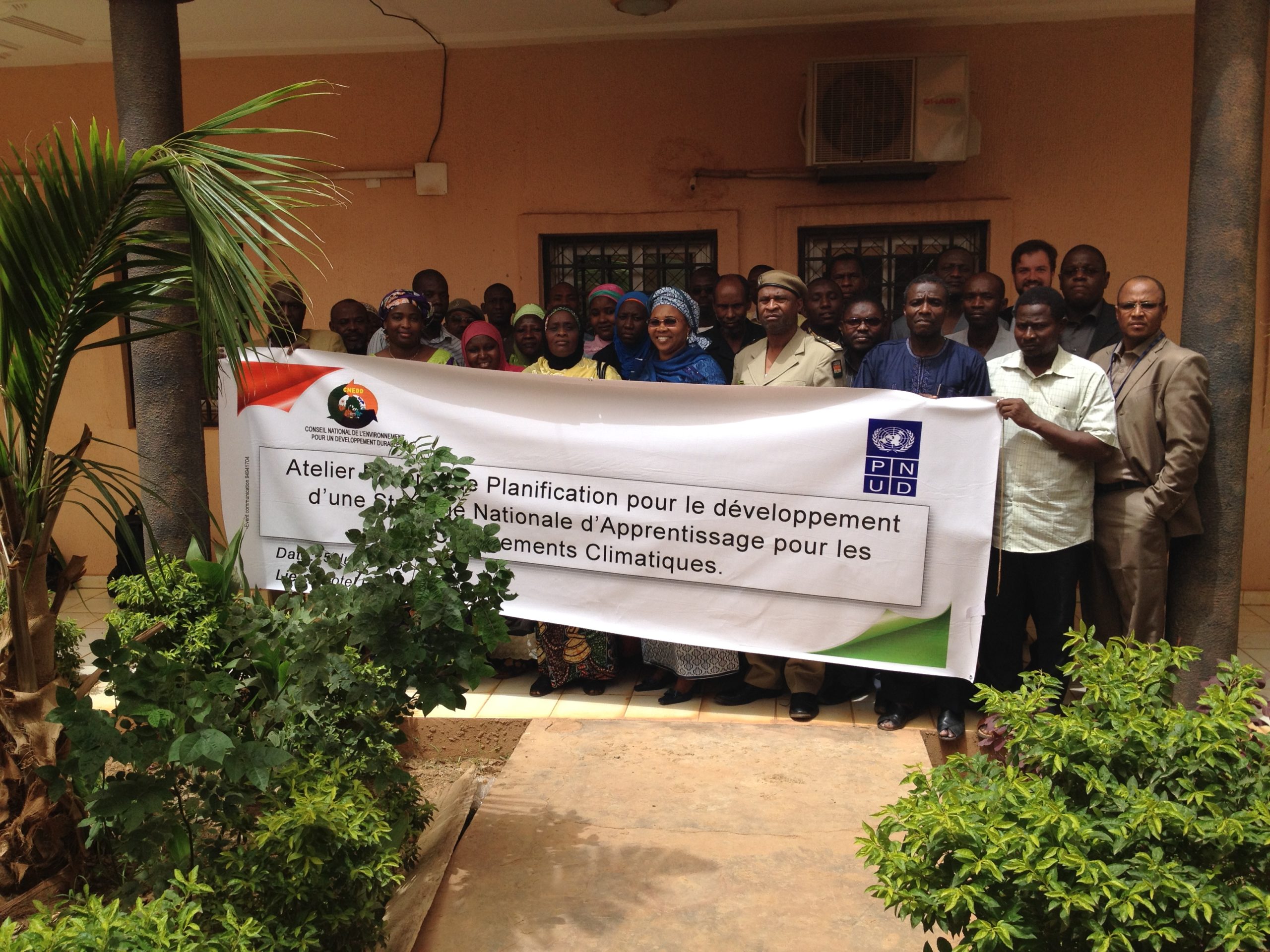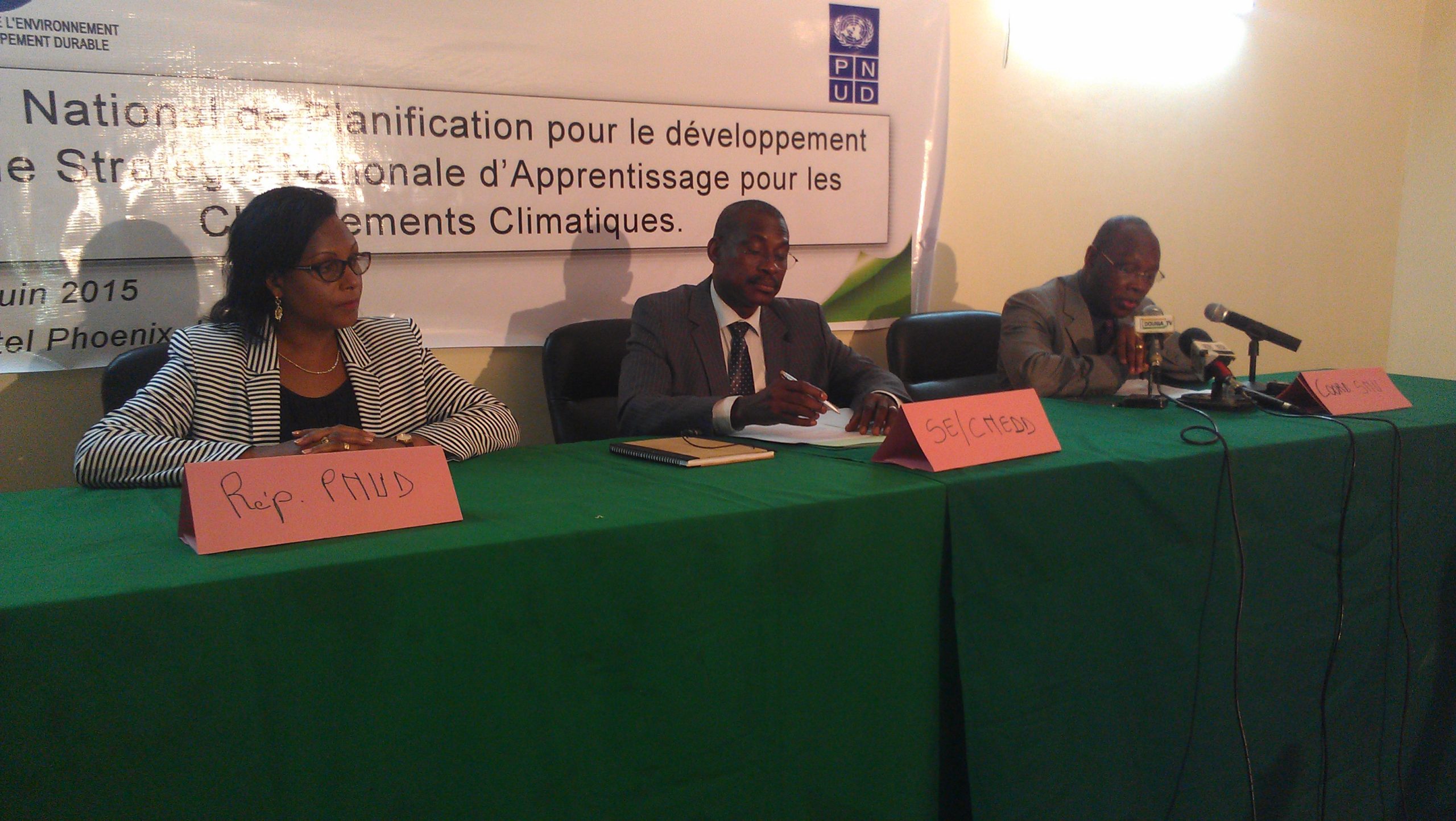Niger is a country which is very sensitive to climate change. This threat concerns all strata of the population, and it is necessary that all be trained to meet the challenges posed by climate change. That is why Niger has today officially launched the process of developing its National Climate Change Learning Strategy, with the support of the UN CC:Learn partnership and funding from Switzerland. The national planning workshop was held at the Phoenix Hotel in Niamey, under the coordination of the Executive Secretariat of the National Council of the Environment for Sustainable Development (SE/CNEDD) in collaboration with the United Nations Development Programme (UNDP).
An Inclusive Process
Niger is one of the countries that will be severely affected by climate change. Already the country is facing a drought every second year
said Amadou Ouattara, representative of the UN Resident Coordinator in Niger and also representing the United Nations Food and Agriculture Organization (FAO), at the opening of the workshop. M. Ouattara was speaking to nearly 50 people from ministries, training institutions, multilateral agencies, private and civil society sector that participated in the event.
Building on What Already Exists
This strategy […] strengthens existing efforts on the development of strategic documents on climate change, which includes, among others, the integration tools of climate change in sectoral policies and strategies, community development plans as well school programs and curricula
added Mr. Kamayé Maâzou, Executive Secretary of the CNEDD, stressing that the objective of the meeting was that all stakeholders agree on a vision and priority areas to be targetted by the strategy.
Learning from Past Experiences
Mr. Vincens Côté, representative of the UN CC: Learn partnership, said, speaking of the experiences of other countries supported by the partnership, that the contribution of both national budgets and financial partners could be used for the implementation of the Strategy. He was accompanied by Mr. Leonce Glèlè Ahanhanzo, Ambassador for climate change learning, from Benin, present to share Benin’s experience of developping and implementating of a National Climate Change Learning Strategy. He recalled the usefulness of focusing on a number of priority sectors to achieve tangible results.
A Unifying Vision
The vision defined for the strategy is inspiring: “by 2035, Nigerian citizens, aware of the challenges and issues of climate change, internalize and integrate them into their everyday concerns in the context of economic development and ensuring social well being of everyone”.



